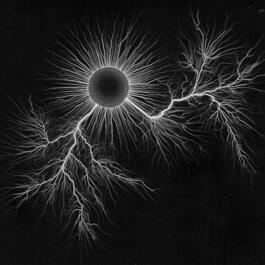
The history of science is punctuated by moments of technological innovation that produce a paradigm shift and a subsequent flurry of discovery. A recent technological innovation that generated diverse discoveries, ranging from a profound shift in our understanding of the origin of humanity to a seismic change in the criminal justice system, is the polymerase chain reaction, or PCR. With us to discuss the history of PCR is one of its innovators, Henry Erlich. As Director of the Human Genetics Department at Cetus Corporation and later as Director of Human Genetics and Vice President of Exploratory Research at Roche Molecular Systems, Henry led developments in diagnostic applications for infectious and autoimmune diseases, forensic genetics, and organ transplantation. His laboratory performed the first forensic DNA case in the United States in 1986 and the first DNA-based post-conviction exoneration. Henry has published over 450 journal articles and three books, which include PCR Technology: Principles and Applications for DNA Amplification, Silent Witness: Forensic DNA Analysis in Criminal Investigations and Humanitarian Disasters, and Genetic Reconstruction of the Past: DNA Analysis in Forensics and Human Evolution. Henry has received numerous awards, including the Association for Molecular Pathology Award for Excellence (2000) and the Profiles in DNA Courage Award (National Institute of Justice, 2005).
From "Science History Podcast"


Comments
Add comment Feedback